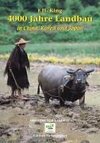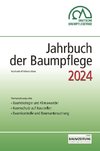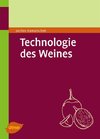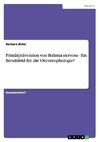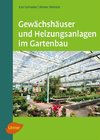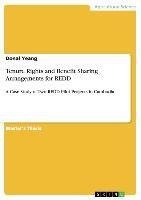
-
 Anglický jazyk
Anglický jazyk
Tenure Rights and Benefit Sharing Arrangements for REDD
Autor: Donal Yeang
Master's Thesis from the year 2010 in the subject Forestry / Forestry Economics, grade: B, Wageningen University, course: Forestry / Forestry Economics, language: English, abstract: Deforestation and forest degradation account for up to 20% of the total... Viac o knihe
Na objednávku
41.67 €
bežná cena: 46.30 €
O knihe
Master's Thesis from the year 2010 in the subject Forestry / Forestry Economics, grade: B, Wageningen University, course: Forestry / Forestry Economics, language: English, abstract: Deforestation and forest degradation account for up to 20% of the total annual anthropogenic greenhouse gas emissions. As a result, current approaches to address climate change include strategies to reduce deforestation and forest degradation in developing countries (REDD). Even though REDD is still under discussion within the UNFCCC framework, many REDD pilot projects are being implemented across the tropics. Securing local communities' tenure rights and their equitable access to forest conservation benefits are critical in REDD because local communities could be excluded from REDD benefits if their land and forest access rights are not adequately addressed. In Cambodia, two REDD pilot projects: Community Forestry Carbon Offset Project (CFCOP) in Oddar Meanchey province and the Seima Protection Forest Project (SPF) in Mundulkiri province, are being implemented. This study aims to contribute to the development of an effective REDD mechanism in Cambodia by examining land and forest tenures and benefit sharing arrangements under the two REDD pilot projects in Cambodia. The paper employs concepts of discourse coalitions and rules of the game to explain tenure rights and benefit sharing arrangements in the two projects. The study is based on literature review, analysis of key text documents and interviews with 19 respondents from government, civil society, donor community, community and private sector involved in the two REDD pilot projects and from outside. Results show that the two REDD pilot projects are being implemented in community forests and protection forests. In both projects, local communities are granted forest access rights. In addition, the projects have legitimized tenure rights of local communities in the project areas as provided for through the Land and Forestry Law in Cambodia. The study also indicates that revenues from carbon credits generated by the projects will be shared with the local communities. According to the Government Decision No.699, more than 50% of net revenues will be channeled to local communities in the CFCOP while the sharing of the revenues in the SPF is still under consideration. The study offers lessons that could guide other REDD projects in securing local communities' forest access rights and their rights to benefits from forest conservation.
- Vydavateľstvo: GRIN Verlag
- Rok vydania: 2010
- Formát: Paperback
- Rozmer: 297 x 210 mm
- Jazyk: Anglický jazyk
- ISBN: 9783640693016
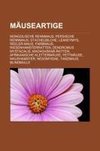
 Nemecký jazyk
Nemecký jazyk 